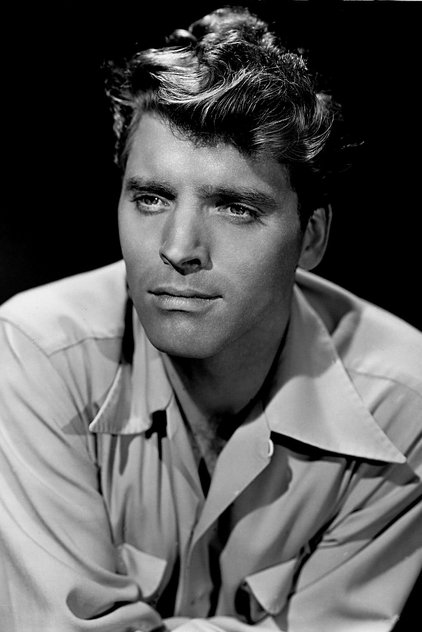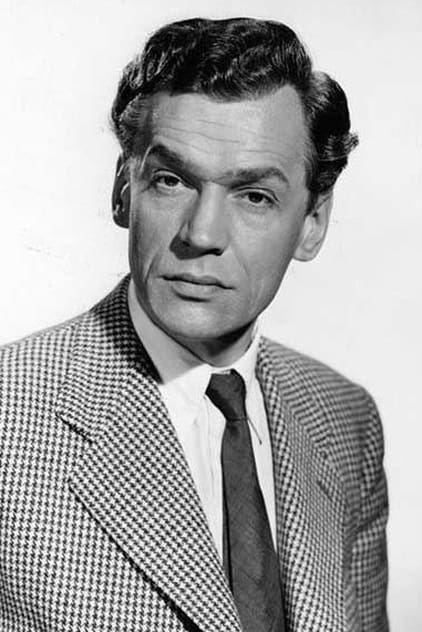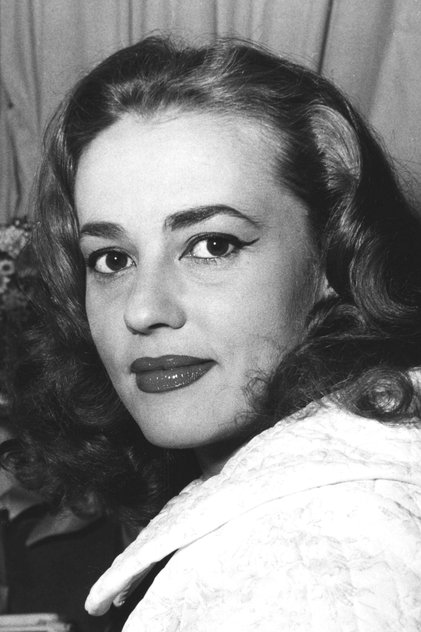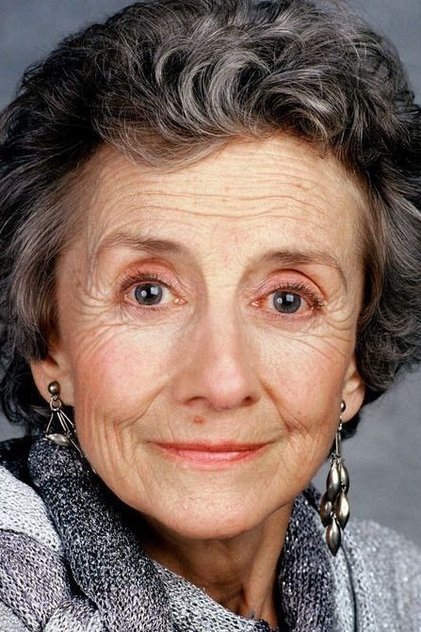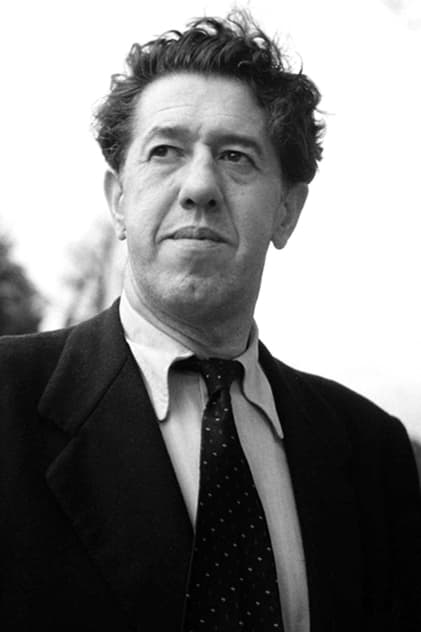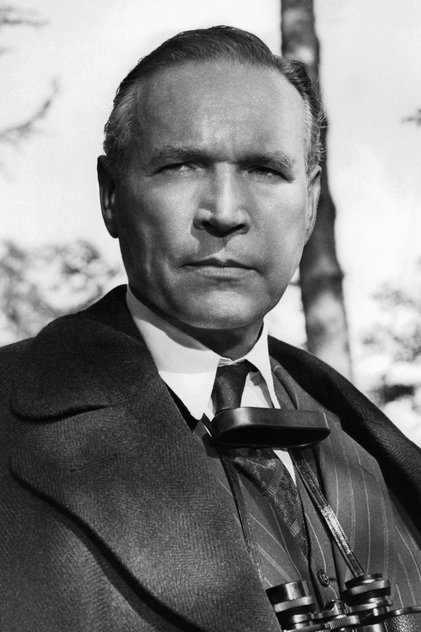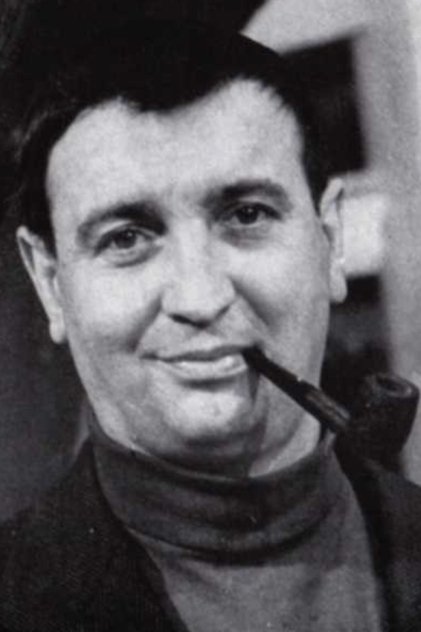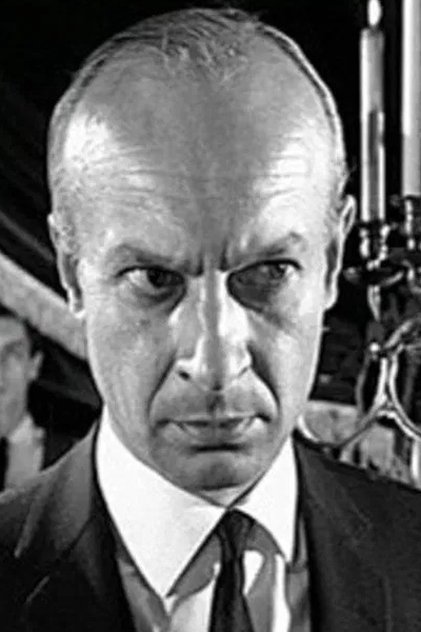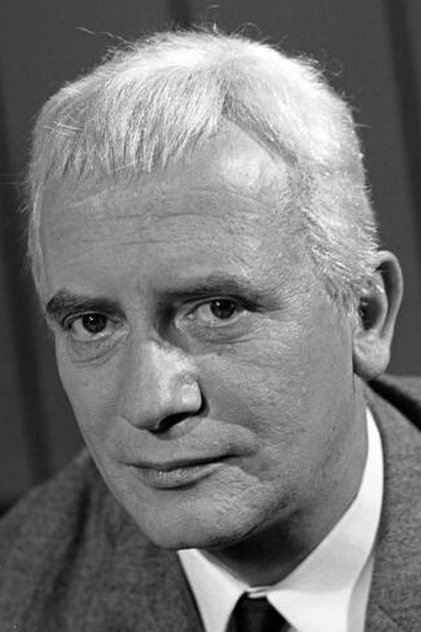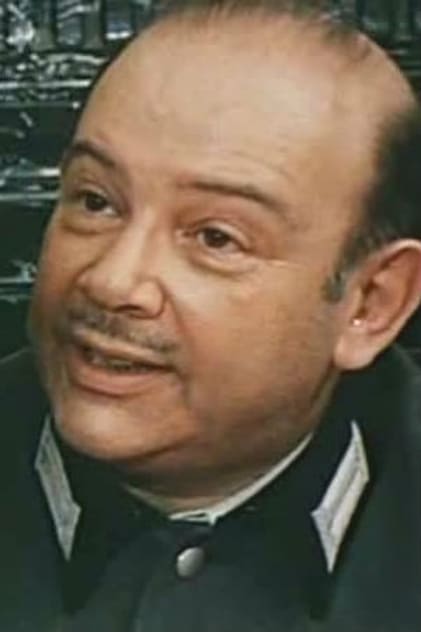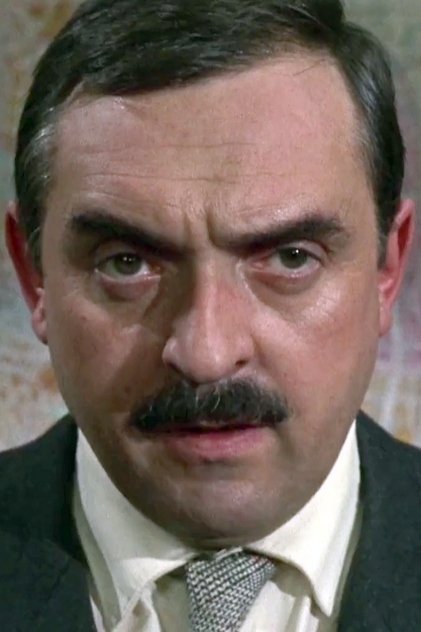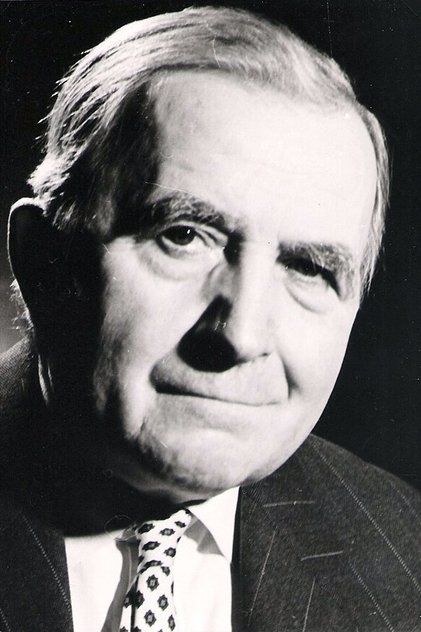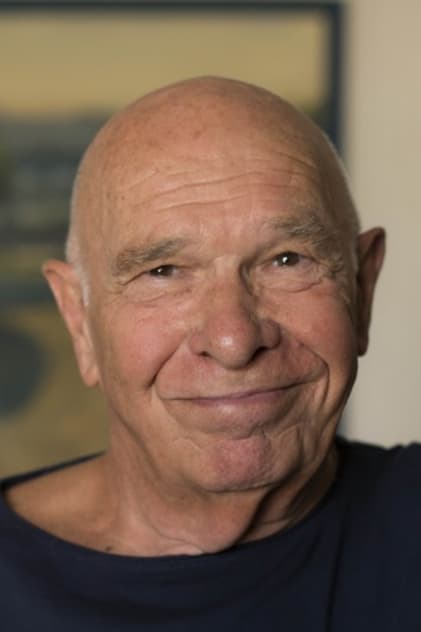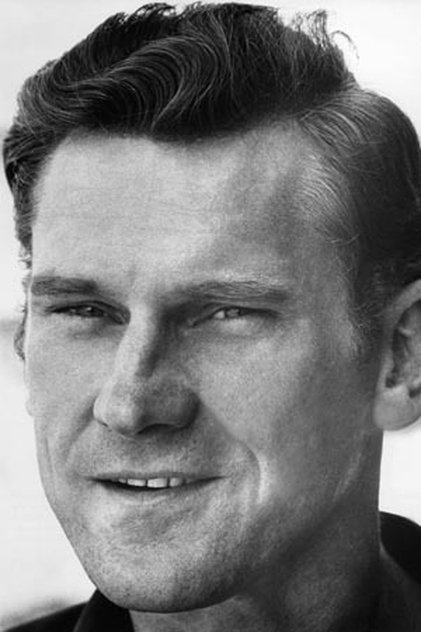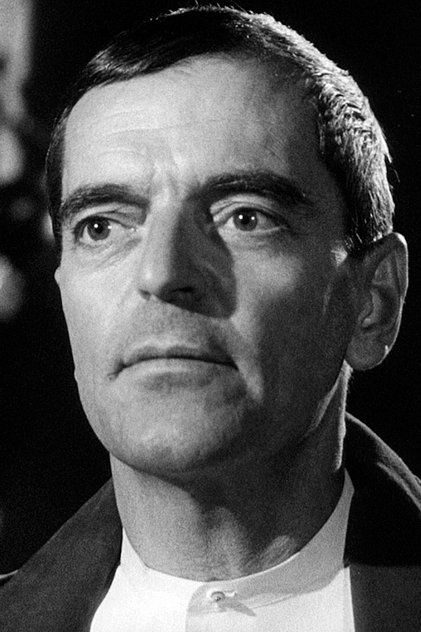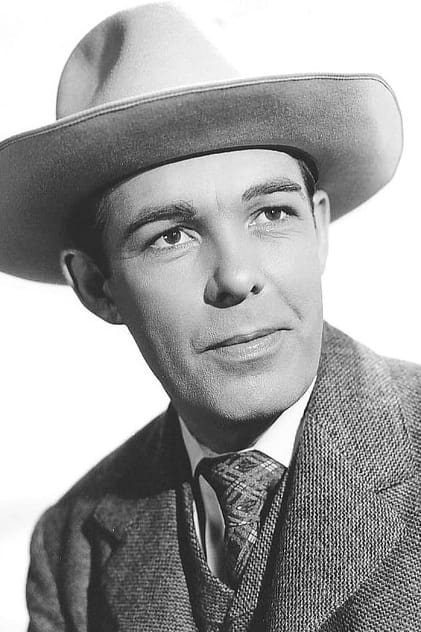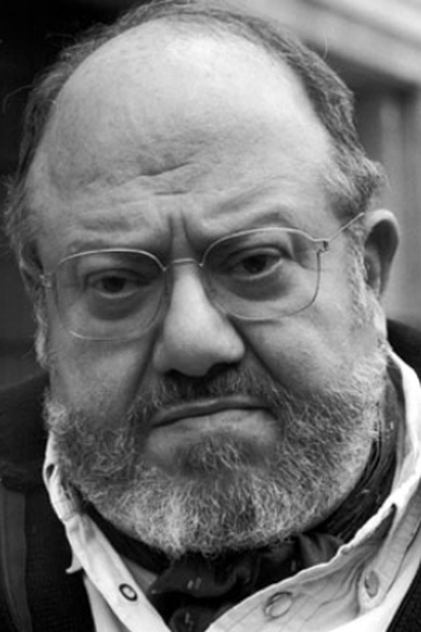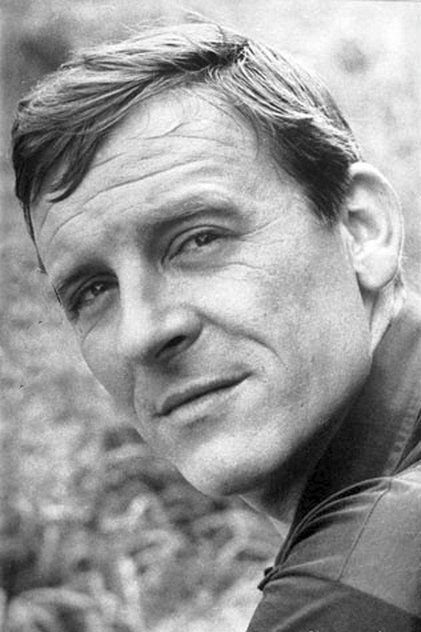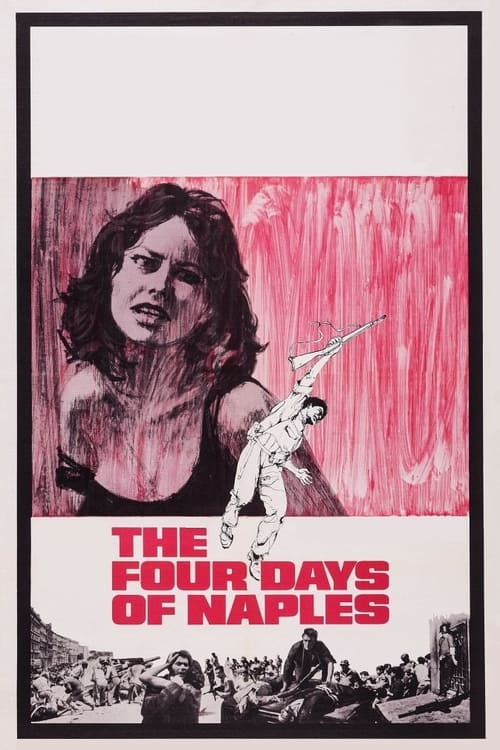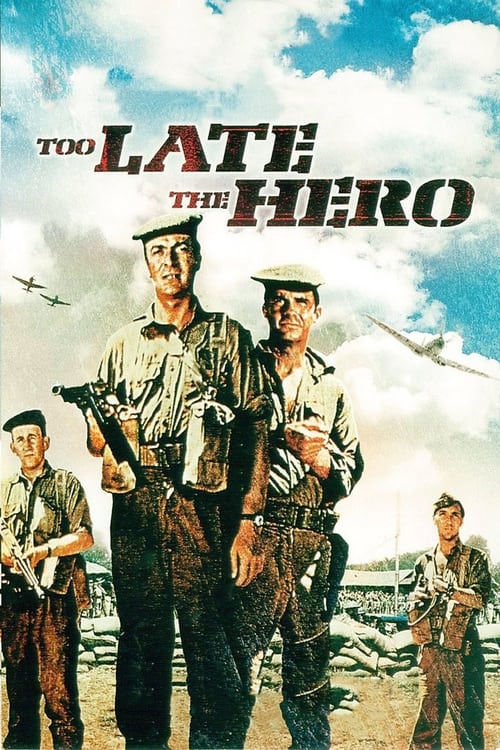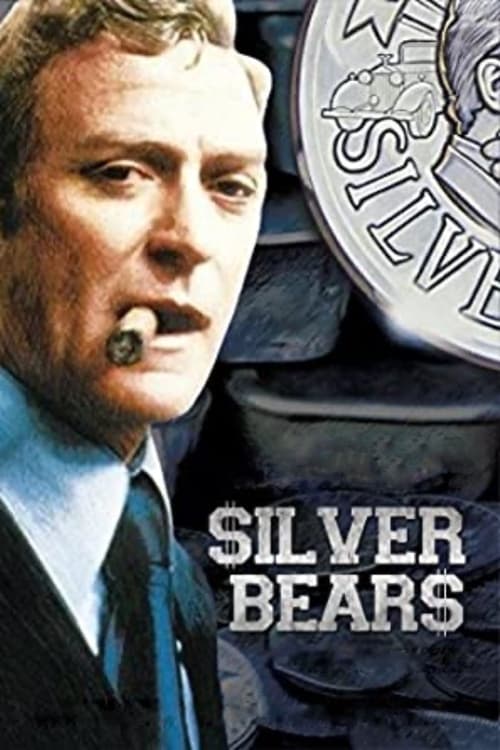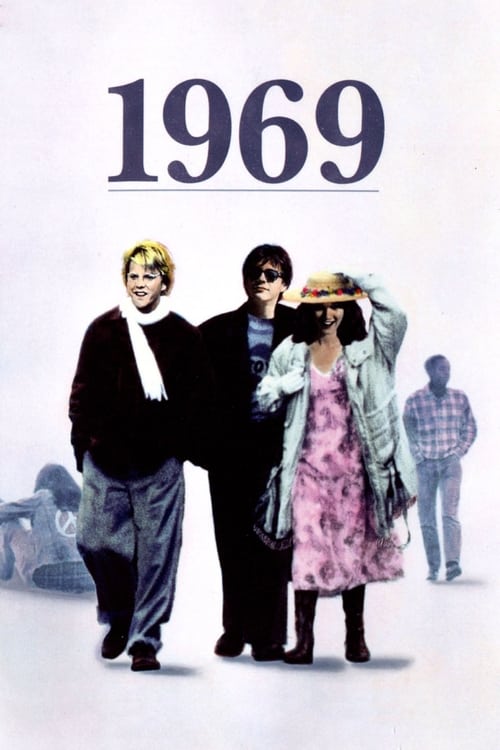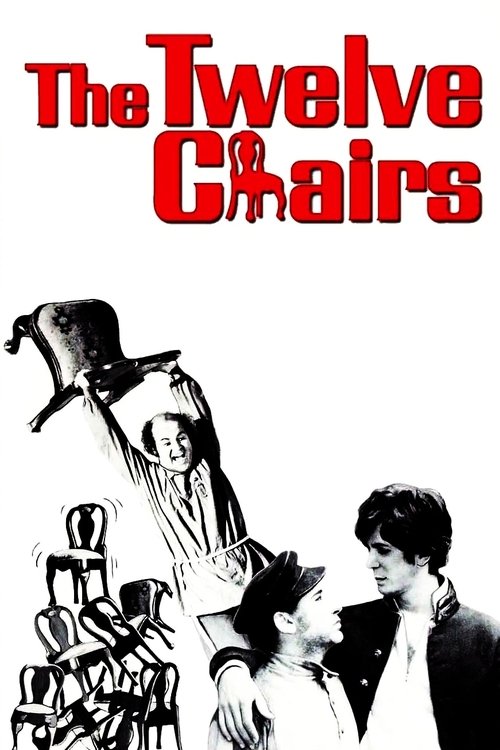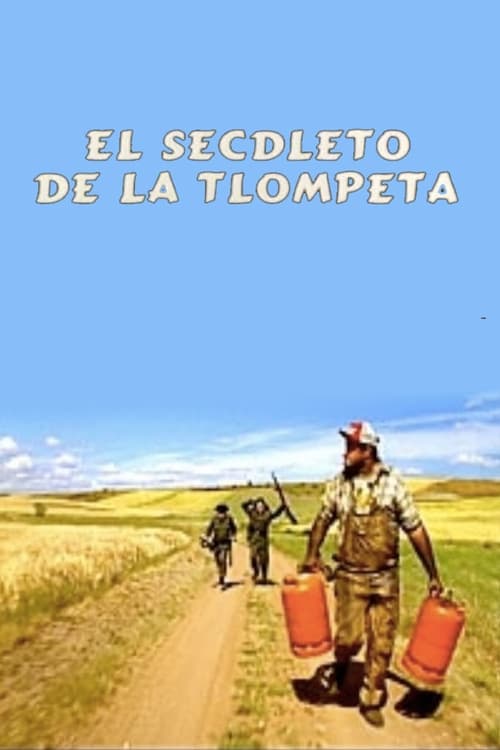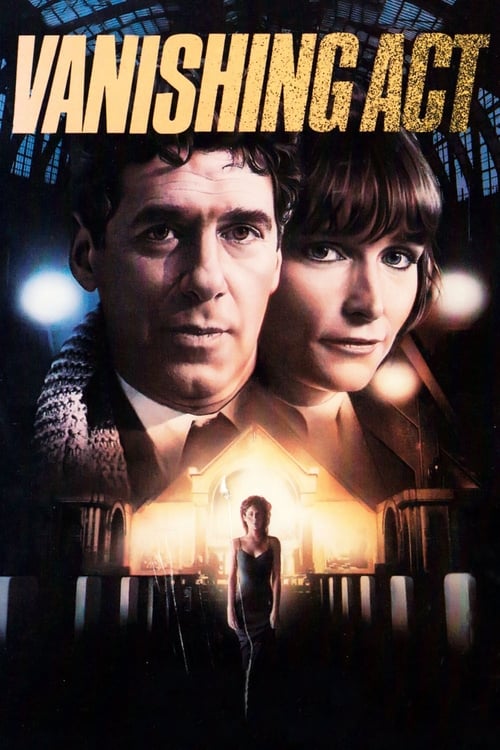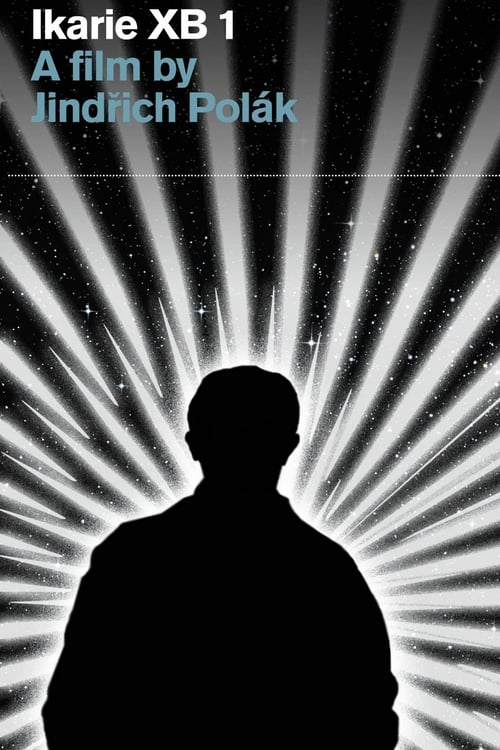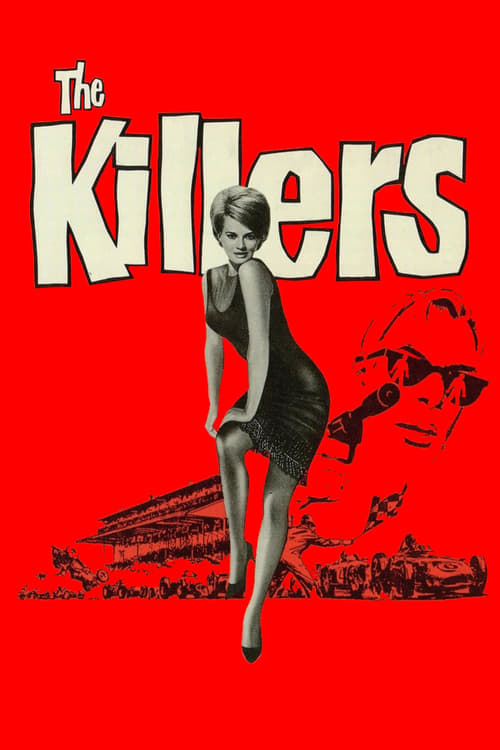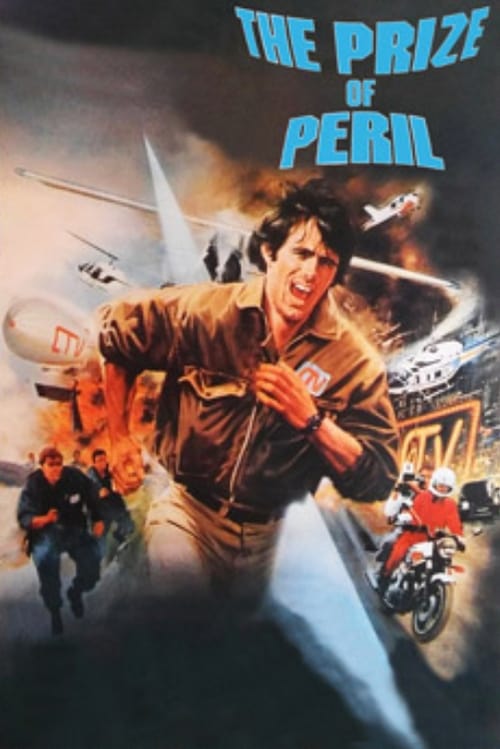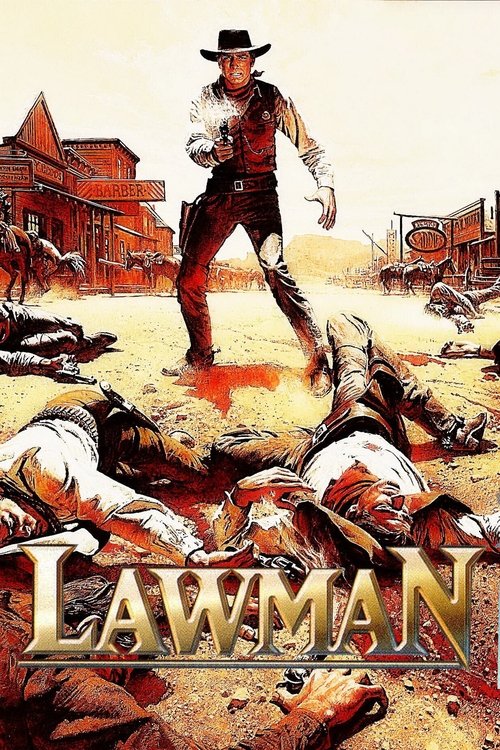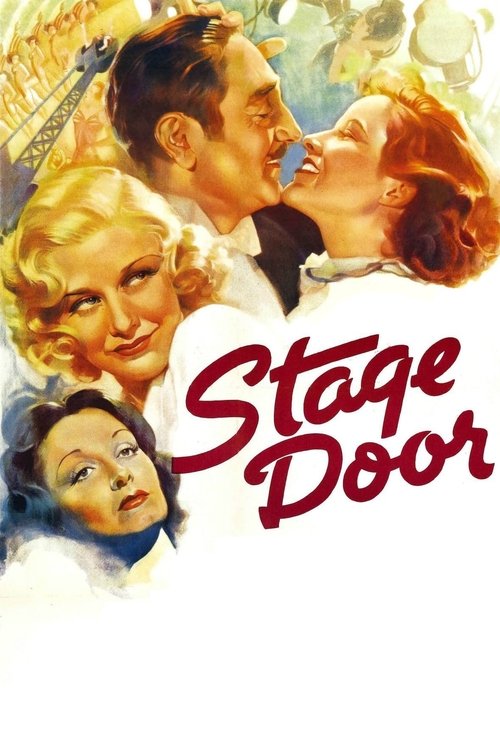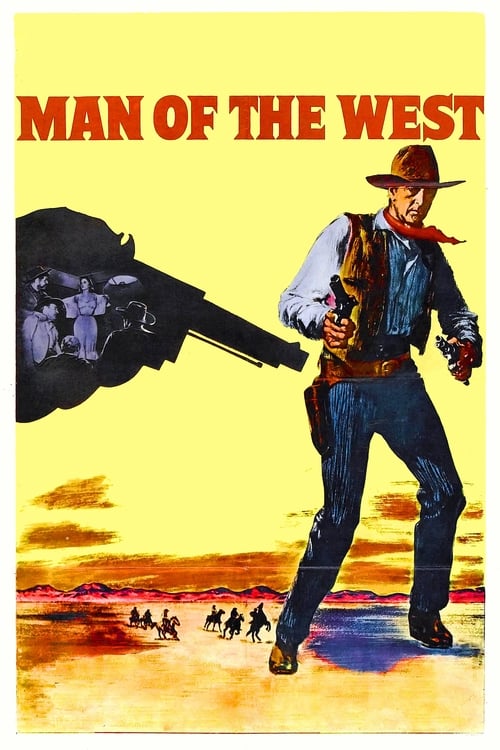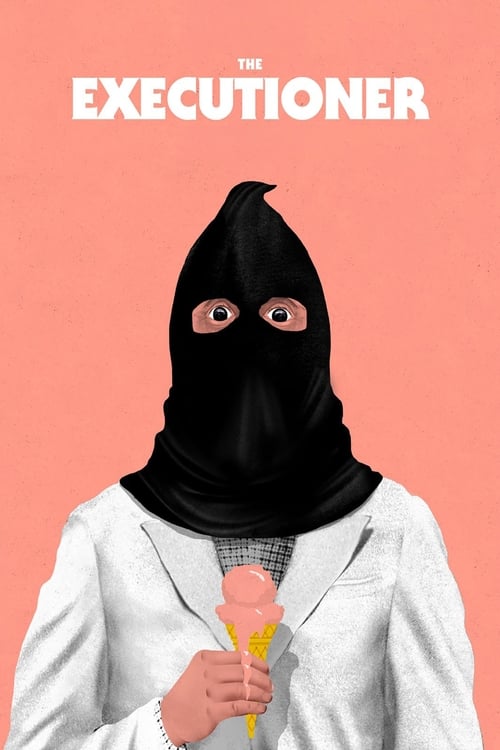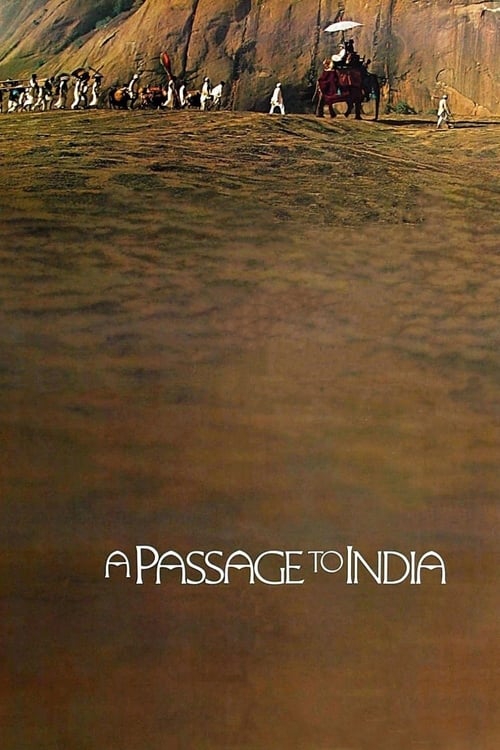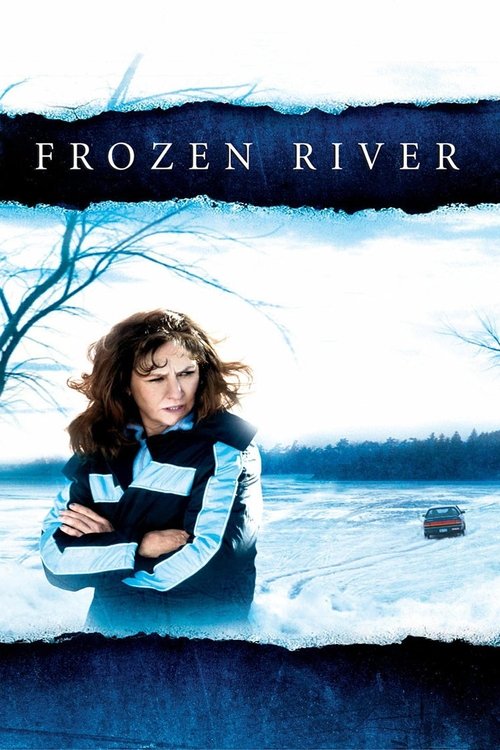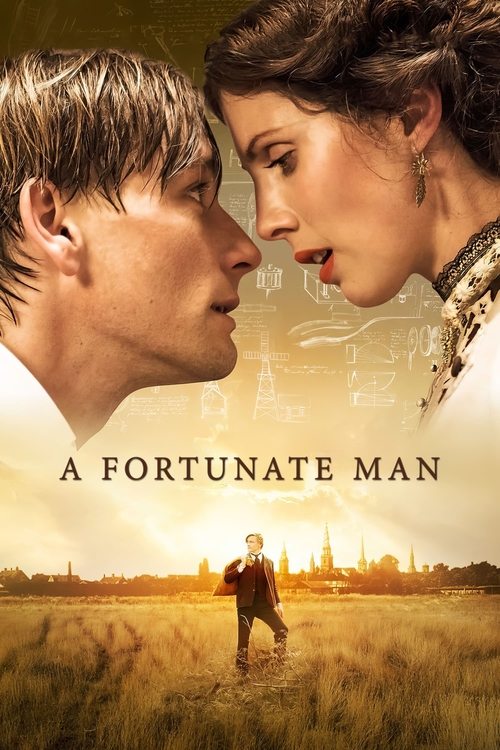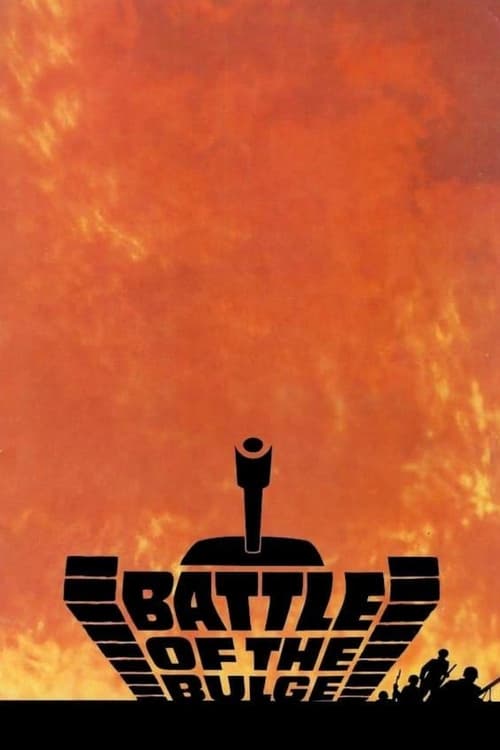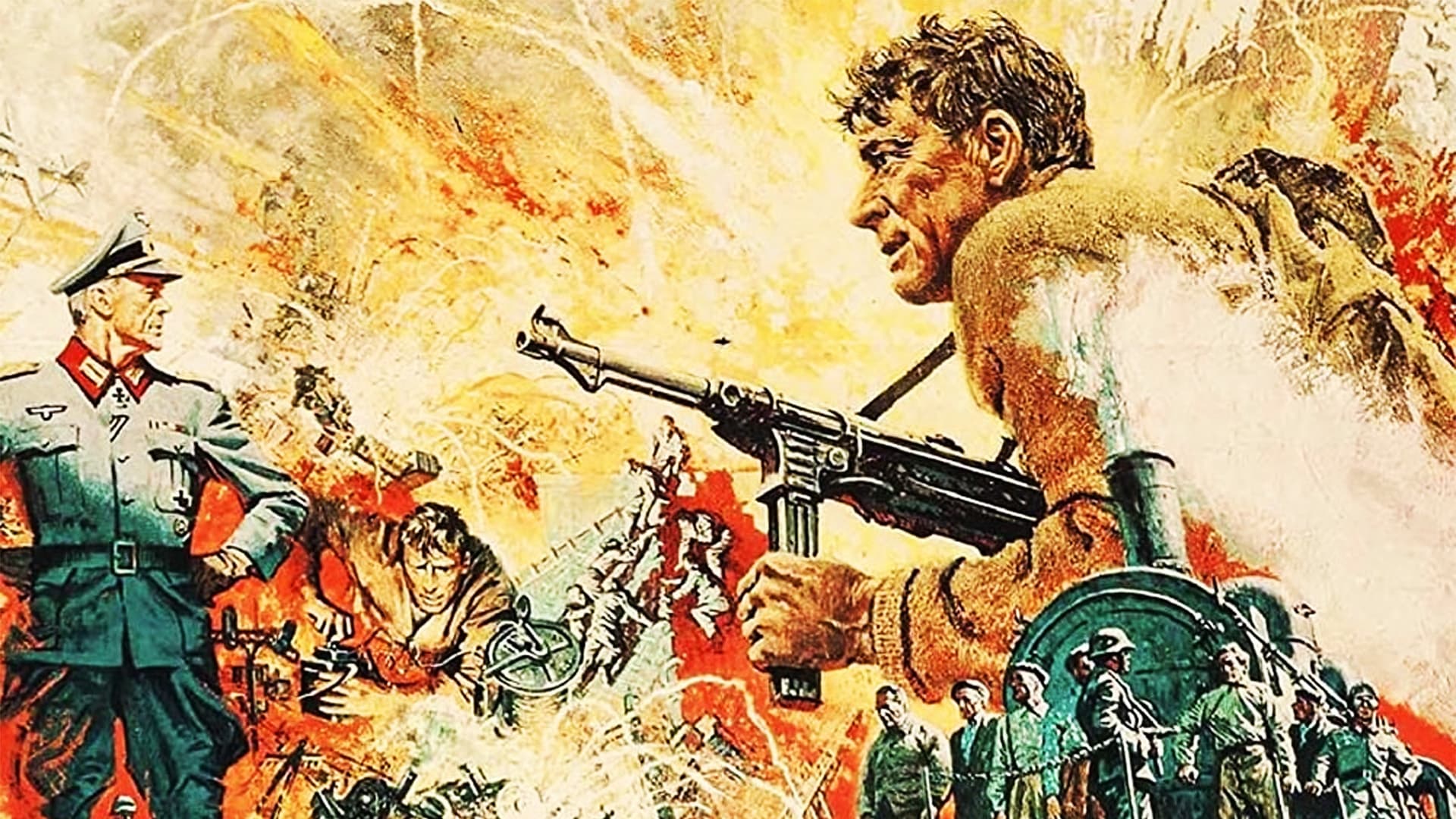
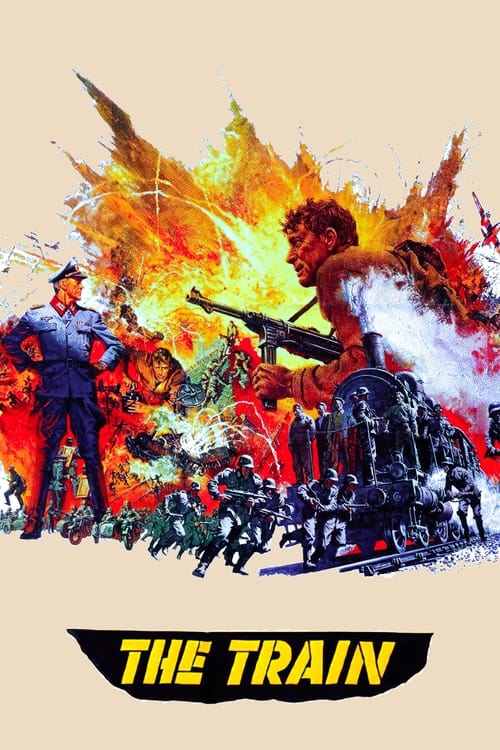
1964
·133m
The Train
Summary
As the Allied forces approach Paris in August 1944, German Colonel Von Waldheim is desperate to take all of France's greatest paintings to Germany. He manages to secure a train to transport the valuable art works even as the chaos of retreat descends upon them. The French resistance however wants to stop them from stealing their national treasures but have received orders from London that they are not to be destroyed. The station master, Labiche, is tasked with scheduling the train and making it all happen smoothly but he is also part of a dwindling group of resistance fighters tasked with preventing the theft. He and others stage an elaborate ruse to keep the train from ever leaving French territory.
Director
John Frankenheimer
Novel
Rose Valland
Screenplay
Walter Bernstein
Screenplay
Franklin Coen
Screenplay
Frank Davis
Screenplay
Albert Husson
Screenplay
Nedrick Young
Reviews
Wuchak
August 8, 2020
**_Burt Lancaster as a French Resistance fighter trying to stop a German train with stolen art_**
Paris is on the verge of liberation from Nazi occupation in 1944, so a German colonel (Paul Scofield) loads a train with a priceless cargo of French paintings to take to Germany, which Resistance fighters led by engineer Labiche (Burt Lancaster) are intent on stopping. Jeanne Moreau is on hand as a hotel owner.
“The Train” (1964) is a B&W war picture with the unconventional tone of contemporaneous WW2 films “The Young Lions” (1958), “36 Hours” (1964) and “Morituri” (1965). The story starts slow, but becomes increasingly compelling with lots of non-CGI carnage involving tracks and trains. The last act is creative and leaves you with the question: How many lives is art worth? Lovers of steam locomotives should eat this up.
The film runs 2 hours, 12 minutes and was shot in France.
GRADE: B
Media
Status:
Released
Original Language:
English
Budget:
$5,800,000.00
Revenue:
$6,800,000.00
